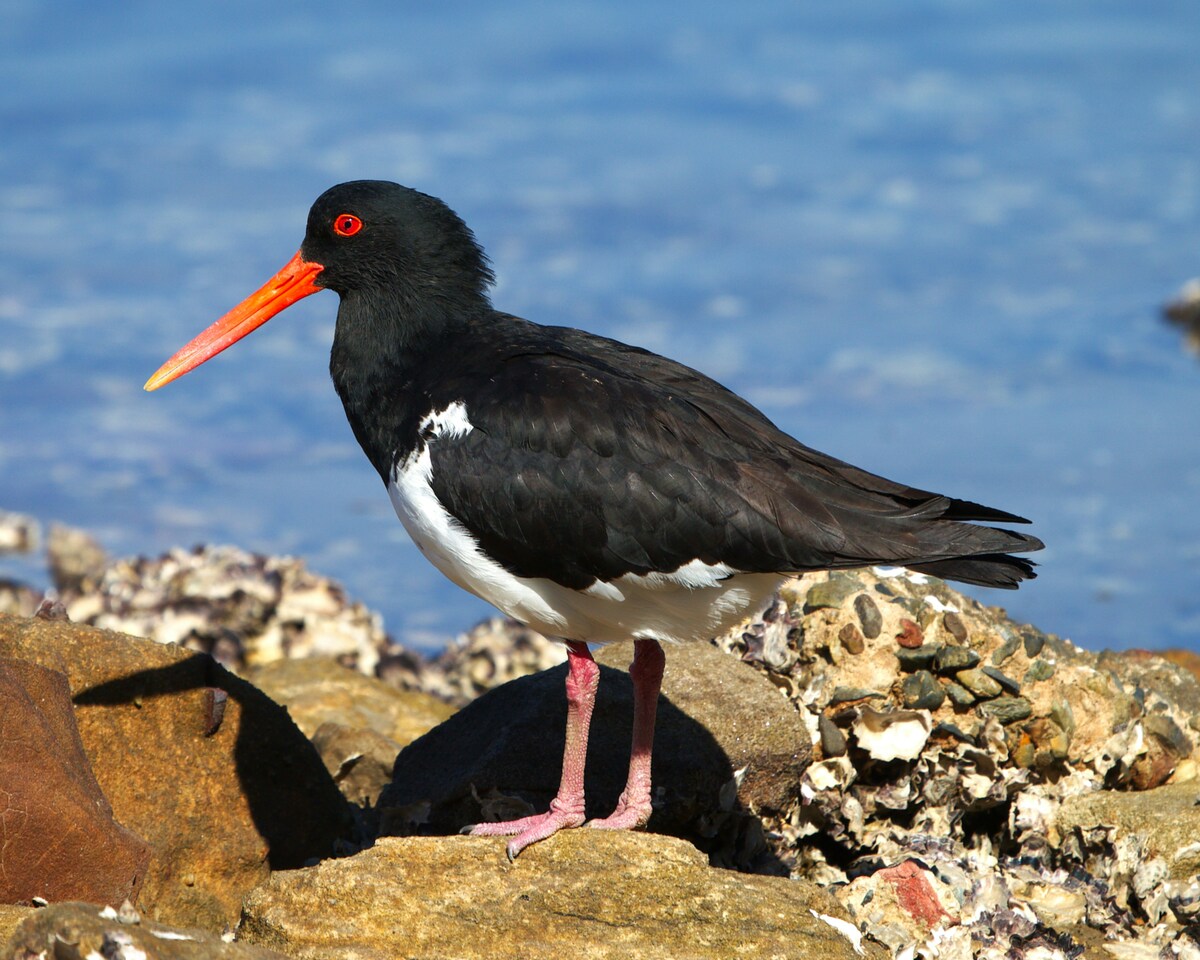UK’s oldest known Oystercatchers discovered on England’s East Coast Wetlands

I saw Oystercatchers for the first time in a small fishing village on the West Coast of Sweden over 10 years ago, and since then they have been one of my favourite birds. I remember being mesmerised, they were so beautiful with their striking black and white plumage and the long orange-red bill 😍! I spent days watching them. I would wake up at dawn to head to the beach so I could be alone to study their every move. My heart was filled with joy!
Unsurprisingly the latest news that the UK's oldest known Oystercatchers were recently discovered on England's East Coast made me very happy, and urged me to share it with you all on here!
In recent months, RSPB surveyors from the Wash Wader Research Group recorded not one but TWO Oystercatchers as being in their early 40s. Now this is INCREDIBLE NEWS! Oystercatchers generally live up to around 12 years, although birds in their 20s and 30s are regularly recorded. However, the discovery of these two older Oystercatchers breaks a record!
Further investigations showed the first bird had been ringed as a chick by well-known Norfolk ornithologist, Moss Taylor, in May 1983 at Weybourne in Norfolk. The second bird is thought to have been at least three years old when originally ringed in 1982, making it at least 46 years old. (British longevity records are only taken from the date a bird was originally ringed which is why it is recorded as 43 years old.)
These two birds have likely spent every winter in this area ever since they were ringed, as once Oystercatchers find a good wintering site they tend to go back year on year. This discovery highlights the importance of England's East Coast wetlands not just for these species but for a wide range of birds.
The Wash is part of England’s East Coast Wetlands, stretching from the mudflats of the Thames to the reedbeds of the Humber estuary and including 25 RSPB nature reserves. It’s a vital lifeline for hundreds of thousands of birds, including those that migrate along the ‘East Atlantic Flyway’. It's vital that we protect this precious habitat so Oystercatchers will continue to visit and live a long life!
If you'd like to help protect England's wetland reserves and strengthen a coastline that is vital to million of birds, please consider donating to RSPB 👉https://www.rspb.org.uk/donate/east-coast-wetlands





Please sign in or register for FREE
If you are a registered user on WildHub, please sign in